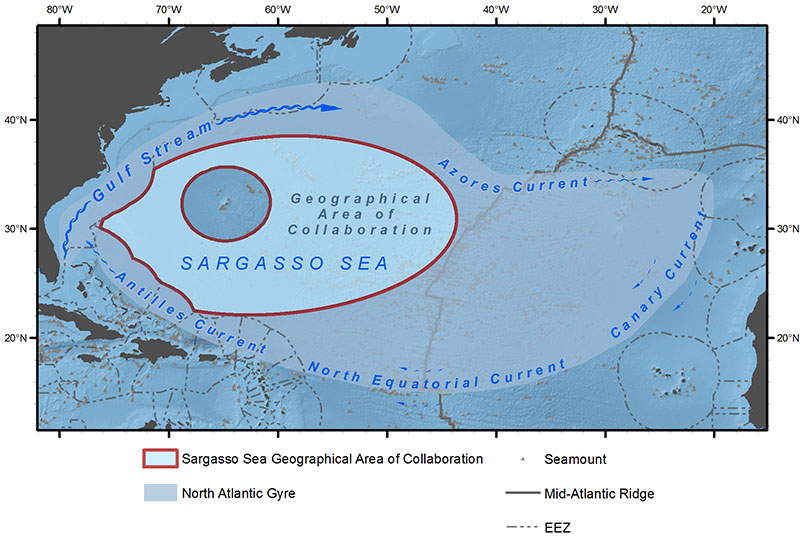

Available evidence indicates that these particles were carried by winds from their sources, probably located in North America, to the Sargasso Sea and subsequently transported to deep water as components of faecal pellets or other organic aggregates. We report here the occurrence of fly-ash particles in material collected in that experiment. Believe me, I've been searching.Results of a continuing series of sequential sediment-trap deployments in the Sargasso Sea, covering 5 yr, suggest that an efficient mechanism exists for the removal of both biogenic and abiogenic particles from the surface layers of the ocean and for their rapid transfer to great depth 1,2. There has not been a book like it before or since. The critical adulation that followed, she said, "has come too late." Jean Rhys died a few years later, but with Wide Sargasso Sea she left behind a great legacy, a work of strange, scary loveliness. The slim volume was finally published when she was 70 years old. In the long afternoons when the house was empty." Rhys struggled over the book, enduring rejections and revisions, wrestling to bring this ruined woman out of the ashes. In sunlight, in shadow, by moonlight, by candlelight. "I watched her die many times," observes the new husband. It is a voyage charged with soul-destroying lust. Wide Sargasso Sea follows her voyage into the dark, both from her point of view and Rochester's. Antoinette is Rhys's imagining of that locked-up woman, who in the end burns up the house and herself. Charlotte Brontë's book had long haunted her, mostly for the story it did not tell-that of the madwoman in the attic, Rochester's terrible secret. Orchids flourished out of reach or for some reason not to be touched." The novel is Rhys's answer to Jane Eyre. Underneath the tree ferns, tall as forest tree ferns, the light was green. When she comes of age she is married off to an Englishman, and he takes her away from the only place she has known-a house with a garden where "the paths were overgrown and a smell of dead flowers mixed with the fresh living smell. Wide Sargasso Sea is the story of Antoinette Cosway, a Creole heiress who grew up in the West Indies on a decaying plantation. She was also a great writer, despite her powerful self-destructive impulses. And Rhys herself was often too sad for the world-she was suicidal, alcoholic, troubled by a vast loneliness. By the '40s, however, her work was out of fashion, too sad for a world at war. Rhys had enjoyed minor literary success in the 1920s and '30s with a series of evocative novels featuring women protagonists adrift in Europe, verging on poverty, hoping to be saved by men. In 1966 Jean Rhys reemerged after a long silence with a novel called Wide Sargasso Sea.


 0 kommentar(er)
0 kommentar(er)
